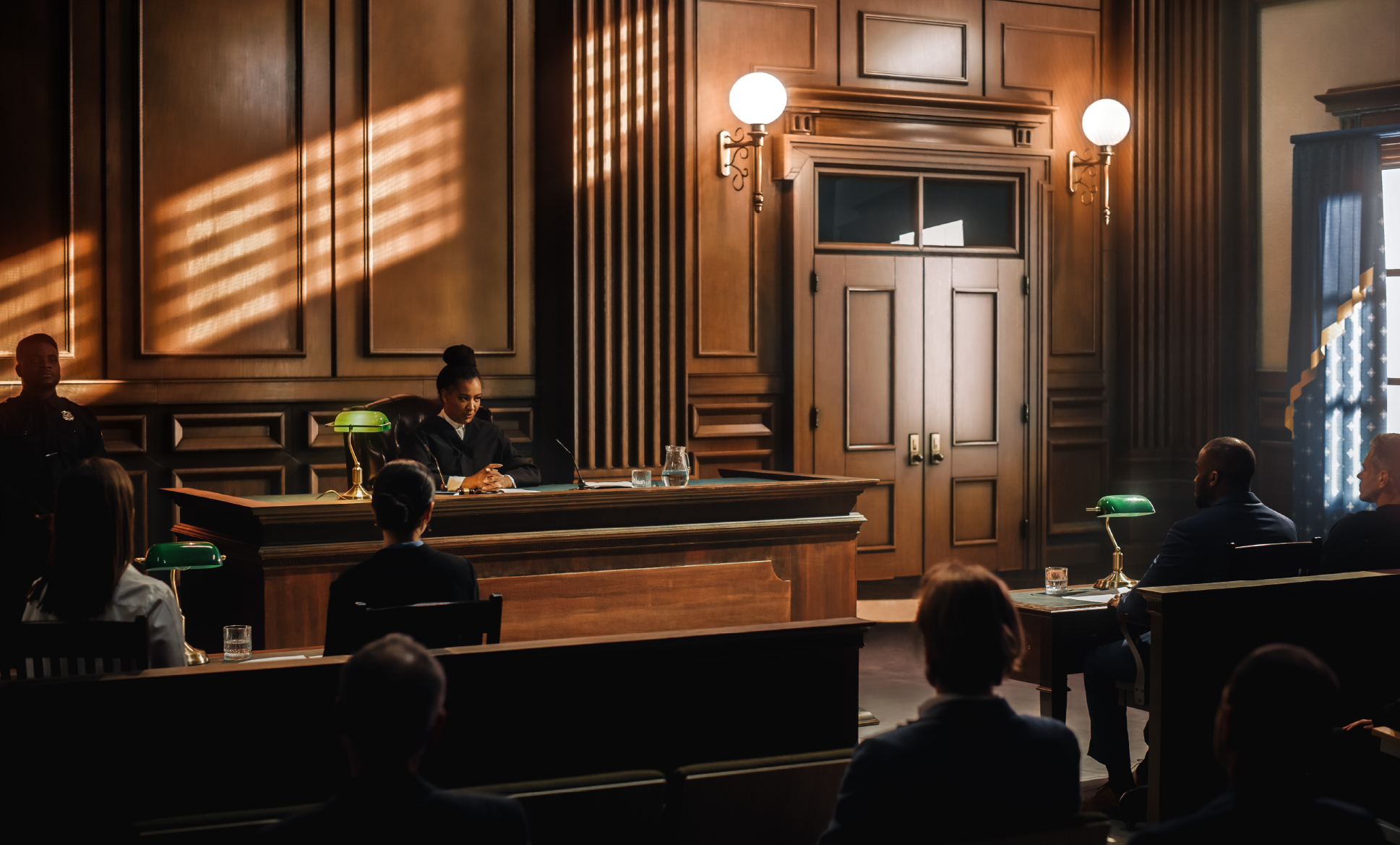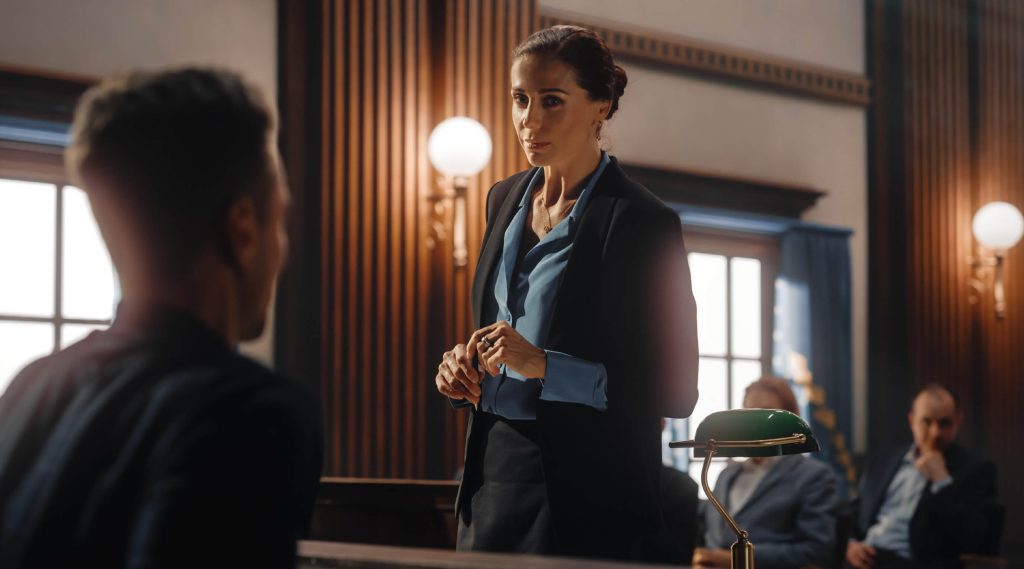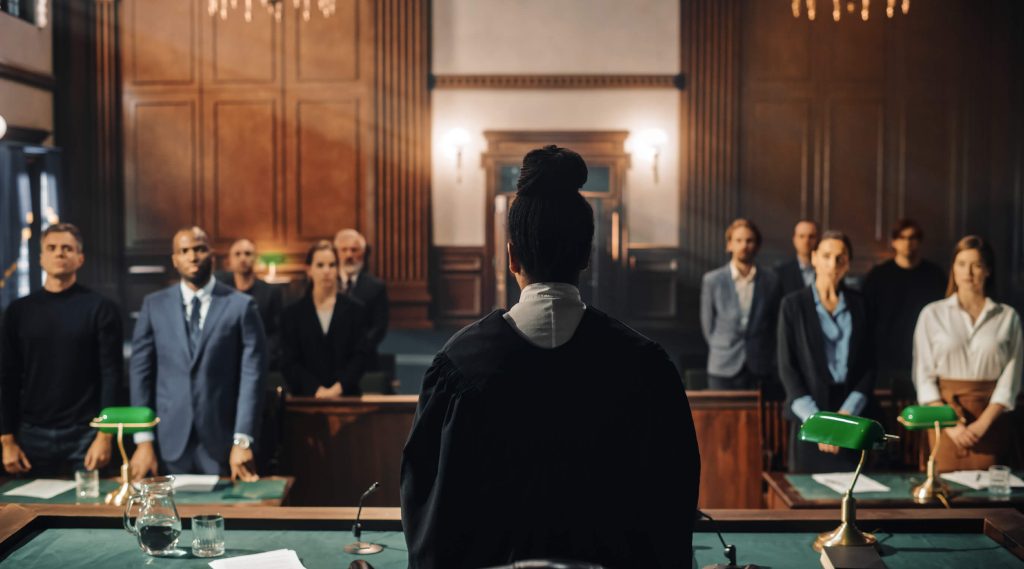
NEWS
Decoding Committal Hearings: What You Need To Know
Navigating the legal system can be daunting, especially when it comes to committal hearings. These hearings serve as a crucial step in determining if a case should proceed to trial.
Understanding how committal proceedings work can empower you with knowledge about your rights and the legal process. Whether you’re directly involved in a case or simply curious about the legal system, knowing the basics of committal hearings is essential.
What Is A Committal Hearing?
At its core, a committal hearing is a pre-trial procedure designed to determine whether there is enough evidence for a case to proceed to trial. Think of it as a preliminary checkpoint in the legal journey. Its primary purpose is to sift through the evidence presented by the prosecution to decide if there is a strong case against the accused.

Committal hearings are based on the principle of procedural fairness, ensuring that individuals accused of crimes have the opportunity to challenge the evidence against them before facing a full trial. These hearings are governed by specific laws and regulations tailored to each jurisdiction.
Committal hearings are typically more condensed and involve a lower standard of proof compared to trials. They aim to establish if there is a prima facie case, meaning there is enough evidence for a reasonable jury to convict if the evidence remains unchanged.
What Happens At A Committal Hearing?
Presentation Of Evidence
At a committal hearing, evidence is the star of the show. This is where both sides present their case to the court. This evidence usually comes in two forms:
- Examination of Witnesses: Witnesses take the stand to share what they know. They’re asked questions by the lawyers to help the court understand the facts of the case.
- Submission of Documents and Exhibits: It’s not just about what people say; documents and exhibits also play a big role. These could be anything from contracts to photos to medical reports. They help paint a picture of what happened.

Determination Of Probable Cause
Once all the evidence is out there, it’s up to the judge to decide if there’s enough evidence to believe a crime was committed. The judge will weigh the evidence, sift through the stories, and determine if there is probable cause to move the case forward.
Potential Outcomes
Case Dismissal: If the judge determines there isn’t enough evidence, the case may be dismissed, and the accused person is free to go.
Proceed To Trial: If there’s sufficient evidence, the case moves on to trial, where a jury will decide guilt or innocence.
Additional Hearings: Sometimes, the charges against the accused may be modified based on the evidence presented during the hearing.
Who Attends A Committal Hearing?
Ever wondered who’s in the courtroom during a committal hearing? Here’s the breakdown:
First up, you’ve got the defendant, the person accused of the crime, who’s there to hear the evidence against them. Then come the legal representatives, such as experienced lawyers, who speak for both the defendant and the prosecution, explaining the law and presenting their cases. The prosecution team represents the state or the victim, presenting evidence to support their case. Witnesses, individuals with relevant information, may testify about what they know. Lastly, the magistrate or judge oversees the proceedings, ensuring fairness and deciding if there’s enough evidence to move the case to trial.

Benefits Of A Committal Hearing
Protection Of Defendants’ Rights
Committal hearings serve as a crucial shield for defendants’ rights. They ensure that those facing charges have a fair chance to understand the case against them and defend themselves adequately. Think of it as a safety net, preventing unfair treatment and ensuring that everyone gets a fair shot at justice.
Clarification Of Legal Issues
In the legal world, clarity is key, and committal hearings provide just that. They cut through the legal jargon and confusion, shedding light on the facts and issues at hand. By clarifying the legal landscape, these hearings ensure that all parties involved have a clear understanding of the case, helping to streamline proceedings and avoid unnecessary delays.
Facilitating Negotiations & Plea Bargains
Not every case needs to go to trial, and committal hearings can help parties find common ground outside the courtroom. By outlining the strengths and weaknesses of the case, these hearings create opportunities for negotiation and plea bargains. This can lead to faster resolutions and help alleviate the burden on an already overburdened legal system, ultimately serving the interests of justice for all involved.
Reach Out To The Defenders Today!
Being well-informed about committal hearings is not just helpful; it’s essential. These hearings can significantly impact your legal journey, influencing outcomes and decisions that affect your life. Therefore, taking the time to understand them is a wise investment in your future.
If you find yourself in need of guidance or representation, don’t hesitate to reach out to our experienced criminal lawyers at Benjamin Leonardo – The Defenders. With our expertise and dedication, you can navigate the complexities of the legal system with confidence and clarity. Your future is worth fighting for, and Benjamin Leonardo – The Defenders is here to help you every step of the way.

